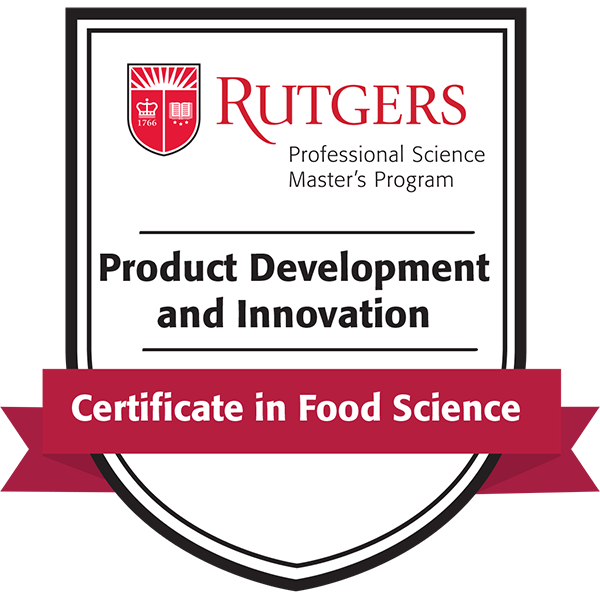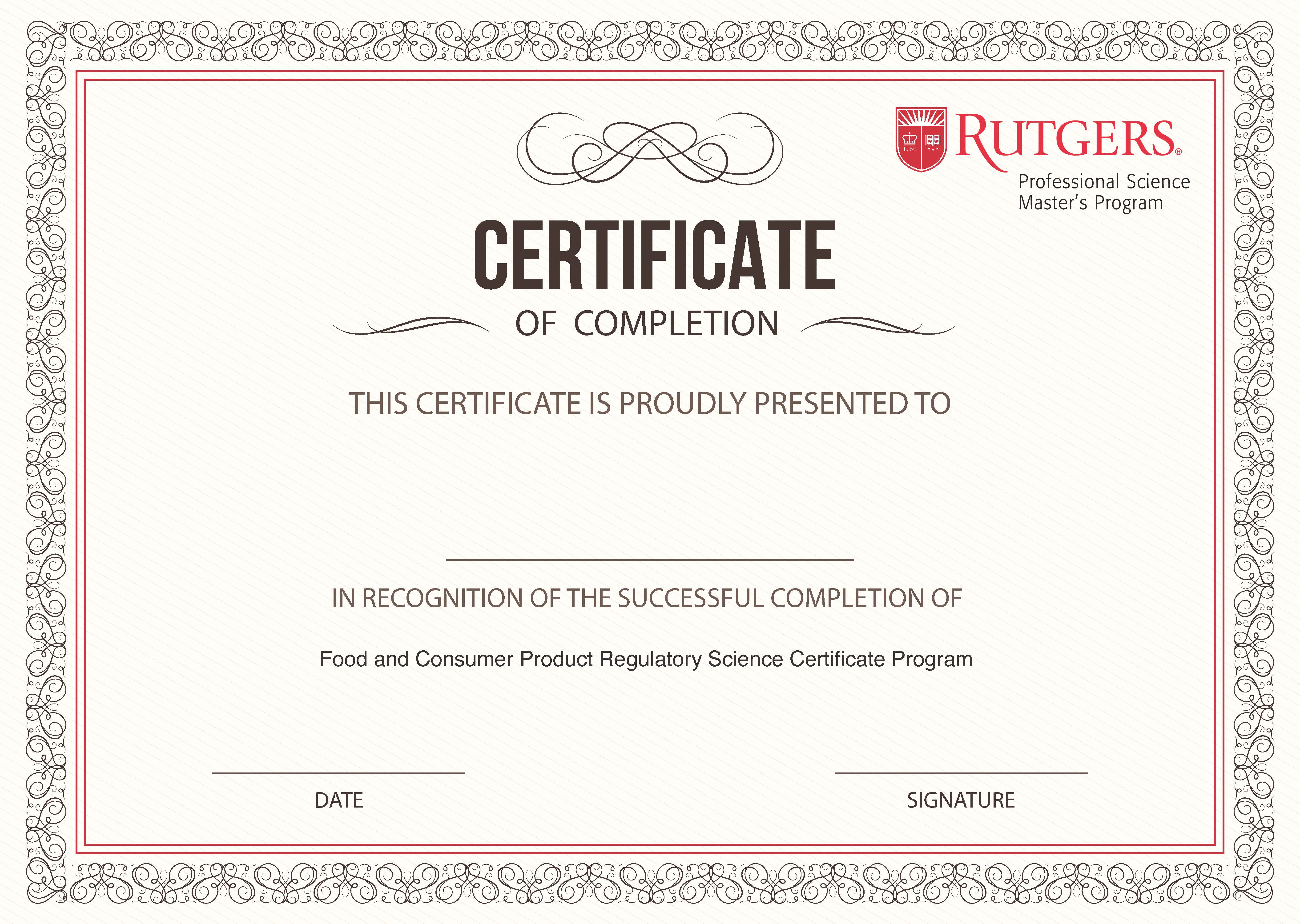Courses
Global Food Supply and Quality Management (16:137:579, 3 cr)
This course is focused on physical, chemical and biological changes in food products during delivery, and development of an understanding of the nature and properties of toxic substances in foods and the nature and magnitude of hazards they represent to human health. Special emphasis will be placed on the post-processing methods to preserve food quality and safety, methods of the quality control and prevention of food adulteration.
Food Safety and Plant Operations (16:137:602, 3 cr)
This course covers requirements listed in the Code of Federal Regulations (CFR) related to Food Processing. Specifically, 21 CFR 117 regarding Good Manufacturing Practices, Hazard Analysis and Risk-based Preventive Controls for Human Food. It addresses the changes made to 21 CFR 110 that were mandated by FSMA (the Food Safety Modernization Act). This course provides learners with concepts, techniques and tools to analyze, improve core operational capabilities, and apply them to a broad range of application domains and industries. Topics covered include production control, quality management, process design and revenue management while meeting the federal regulations governing commercial food production. Included will be case studies and real-world examples to emphasize the central concepts, along with model plan exercises designed to provide hands-on experience in creating a viable and legal Food Safety Preventive Controls Plan. Learners who attend the on-line sessions and complete specific assignments will have opportunity to earn a Rutgers Certificate of Completion for Good Manufacturing Practices during the 4th class session, once completing the course, learners have the opportunity to earn an individually numbered Certificate from the Association of Food & Drug Officials designating them as a PCQI – Preventive Controls Qualified Individual on the last session of the semester, in addition to the 3 course credits and grade earned. These are internationally recognized certificates, valuable for attaining jobs in the Food Processing Industry or related industries. Completion of the course will enable individuals to pursue careers in food industry and / or personal care product development and applications.
Predicting Shelf Life of Food (11:400:526, 3 cr)
This course will provide learners with a good theoretical and practical understanding of solving problems relating to the shelf life of packaged foods. Topics to be covered include the concept of shelf life, factors affecting shelf life, and strategies for shelf life extension. Applications of chemical and microbial kinetics to quantify food deteriorative reactions, mass transfer theories to quantify the movement of gases and vapors through the package, and basic calculus to develop predictive shelf life models.
The students will learn the concepts of shelf life, factors affecting shelf life, and strategies for extending shelf-life; how to use (1) chemical and microbial kinetics to quantify food deteriorative reactions, (2) mass transfer theories to quantify the movement of gases and vapors through package, and (3) mathematics (including basic calculus) to develop predictive shelf-life models. Using case studies, students will learn how to apply the concepts learned in this course.


